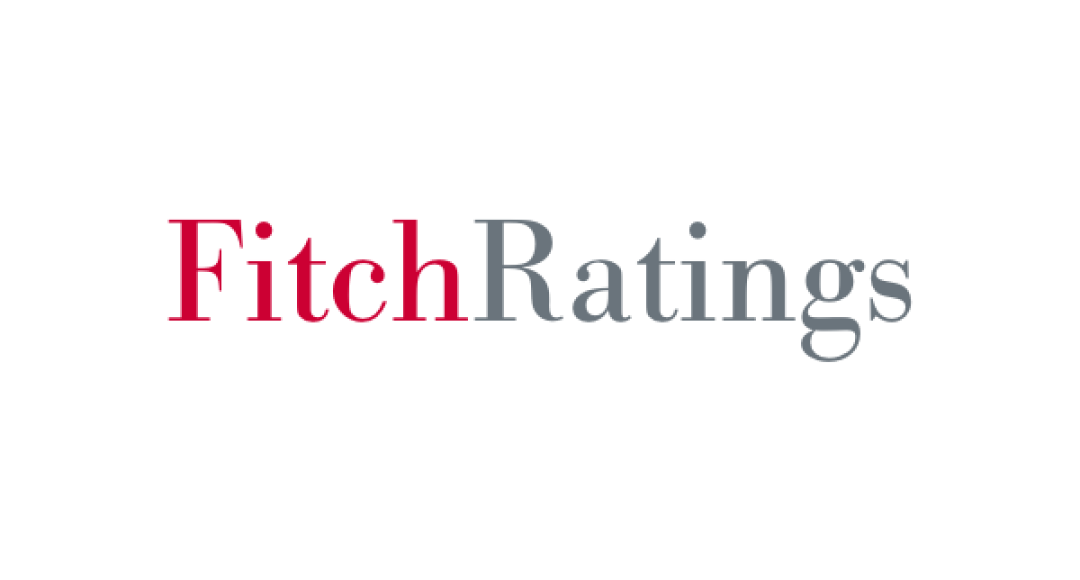
Fitch Ratings Reports Significant Improvement in Azerbaijan's Banking Sector Since 2017

Fitch Ratings has reported that Azerbaijan's banking sector has significantly improved its financial profile since 2017, driven by reduced dollarization and diminished pressure on capitalization from legacy asset-quality risks. This progress has been supported by a stronger loan book structure, stricter regulatory oversight, and developments in the financial market.
Azerbaijan still has one of the lowest credit penetration levels in the CIS+ region, with a loans-to-GDP ratio of 20% at the end of the first half of 2024. However, this low ratio presents opportunities for banks to expand and increase revenues in the coming years. Fitch projects that sector loan growth will peak at 20% in 2024, before slowing to 15% in 2025.
Historically, asset quality has been the sector's primary weakness, but the volume of impaired loans has decreased since late 2018, reaching a record low. This improvement is largely attributed to the cleanup of the International Bank of Azerbaijan’s balance sheet and the withdrawal of licenses from weaker banks between 2016 and 2023. An improved business climate and reduced risk appetite for long-term and dollarized corporate lending have further supported the sector's recovery.
Local banks have increasingly shifted their focus to retail lending, which is generally less risky and more profitable. By the end of the first half of 2024, retail exposures accounted for 58% of sector loans, up from 41% at the end of 2018. Despite this shift, Azerbaijan’s economy remains cyclical, with structural weaknesses that leave corporate lending vulnerable, particularly due to the limited number of large corporations and the financial opacity of smaller enterprises.
Fitch also highlighted that the sector's asset quality is bolstered by a balanced asset structure, with loans making up 48% of total assets by mid-2024, while non-loan assets are largely high-quality. The focus on retail lending, along with currency stability, has reduced loan dollarization, which had previously been a challenge for the banking sector. This shift has enhanced profitability, as retail margins are generally higher than those in the corporate sector. Fitch expects the sector’s return on average equity to remain above 15% over the next few years, supported by pre-impairment profits (7.5% of average gross loans in the first half of 2024) and a Tier 1 capital ratio of 14.9%.
The Central Bank of the Republic of Azerbaijan (CBRA) has tightened regulatory supervision since 2022, introducing effective macroprudential measures, particularly in retail lending, which has improved the risk profiles of banks. Fitch noted that the CBRA has become less tolerant of under-provisioning for problem assets and related-party exposures, leading to the removal of the 'regulatory and legal framework' as a negative factor in the implied operating environment score for Azerbaijani banks.
In September 2022, the CBRA also enhanced its monetary policy tools to better manage excess liquidity and improve the transmission of the refinancing rate. Local banks now have more tools for liquidity management, and the short-term interbank market has become more active. As a result, Fitch removed 'financial market development' as a negative factor in the operating environment score.
Due to these improvements, Fitch upgraded its operating environment score for Azerbaijani banks to ‘BB-’/Stable from ‘B+’/Positive. Additionally, the International Bank of Azerbaijan, the country’s largest bank, was upgraded to ‘BB’/Positive from ‘BB-’/Positive.
See Also


Nordic-Baltic Delegation Meets Armenian Leaders to Discuss Regional Cooperation and Peace

Azerbaijan Strengthens Energy Partnerships with Multiple Countries

BP Strengthens Presence in Azerbaijan’s Offshore Energy Sector

Netanyahu’s Letter to Aliyev: Mutual Trust, Solidarity Following Hamas Attacks, Facilitating Dialogue Between Israel and Türkiye

